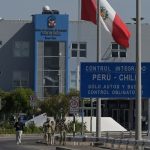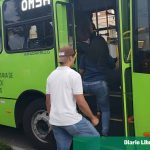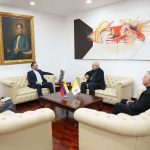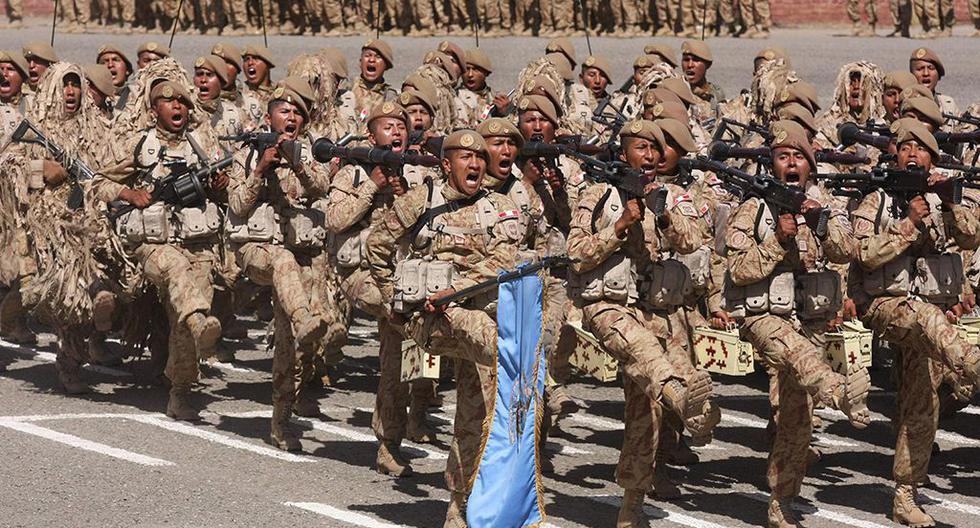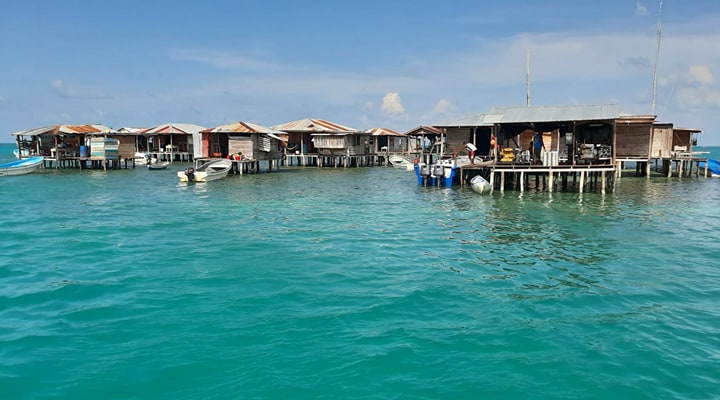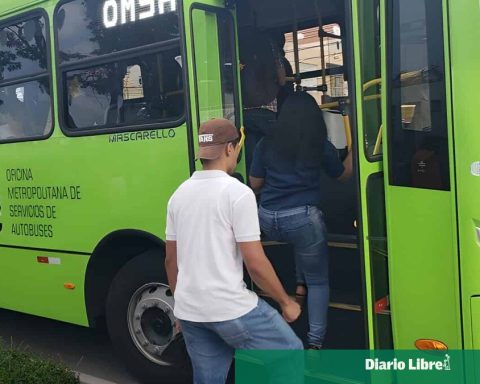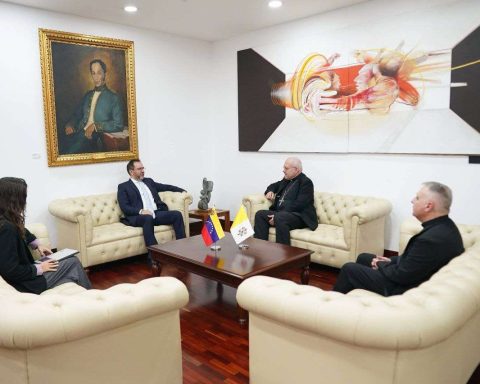Cúcuta (Colombia), Oct 7 (EFE)
The new director of Migration Colombia, Carlos Fernando García, announced this Friday at the Simón Bolívar international bridge, the main border crossing with Venezuela, a change in the requirements in transit between the two countries to improve pendular migration.
“We have made the decision that as of today only one of the three documents that were being requested when entering Colombian territory will be requested, which are the Venezuelan identity card, the passport or the Border Mobility Card (TMF)” Garcia told reporters.
The objective is to prevent people who do not have all the documents from crossing the border through the “trochas”, as illegal steps are known.
The new director of Migration Colombia added that the “intention is to gradually promote measures that definitely end up integrating the border region that comes in some way with expectation on this issue.”
“The idea is also to expand the number of people who have the possibility of crossing international bridges,” he specified.
BORDER REOPEN
Colombia and Venezuela resumed their relations after the arrival of the leftist Gustavo Petro to the Presidency of Colombia last August, and reopened their common border on September 26, after seven years closed to the passage of vehicles.
In this sense, the director of Migration Colombia affirmed that next October 13 there will be a dialogue to which the different social actors of Cúcuta and the border region will be linked to work hand in hand with the productive sector, the unions, the associations and community action boards, among other stakeholders, on border issues.
“We do this with the aim of collecting both the problem and the proposed solutions,” he specified.
PROBLEMS WITH THE STEP
The director of Migration Colombia took advantage of his presence at the border to learn about the inconveniences of the people who travel daily through the Simón Bolívar bridge, who did not hesitate to express the difficulties they have had at the time of entering the country and, above all, the obstacles that were placed for their exclusive transit that reduced the space and made it uncomfortable.
Given this, García promised to fix it as soon as possible, as well as to find a solution so that funeral vehicles and school transport pass to both countries without any problem.
It should be remembered that, with the commercial reopening between Colombia and Venezuela, it was necessary to rearrange the ordering of the fences, which reduced the transit path for people to a minimum space to expand the passage of vehicles, which was closed since 2017. EFE.






